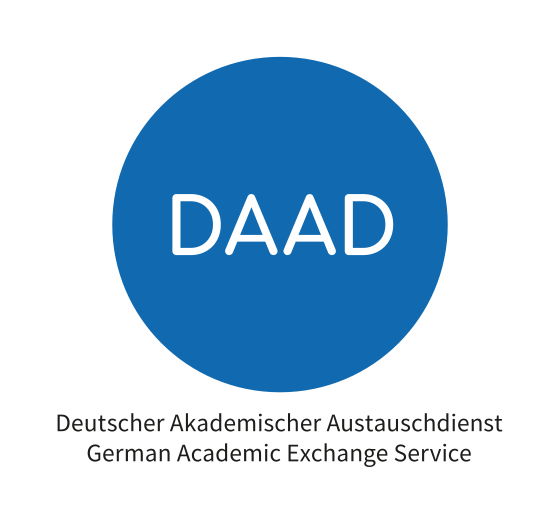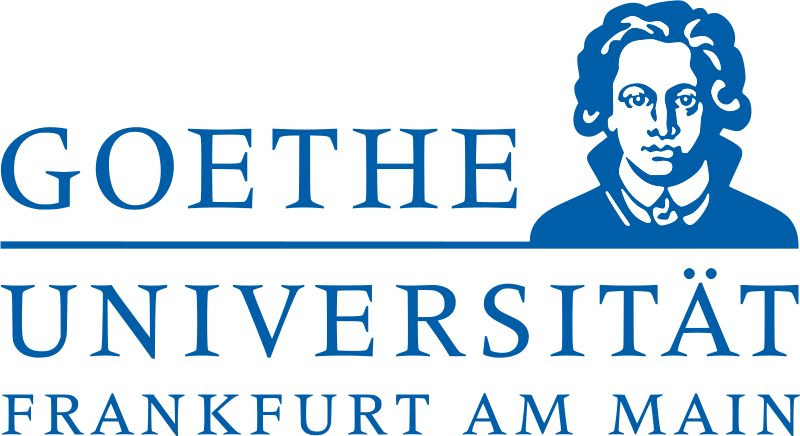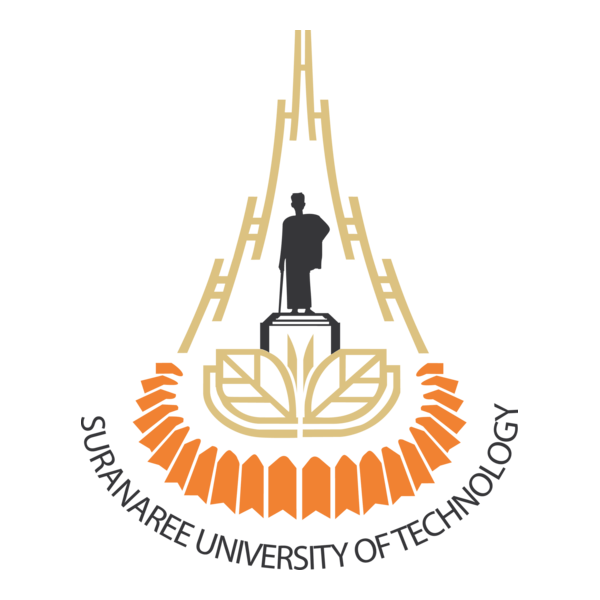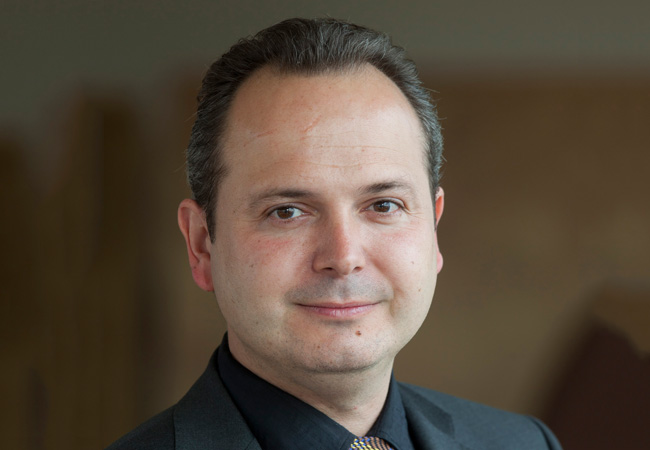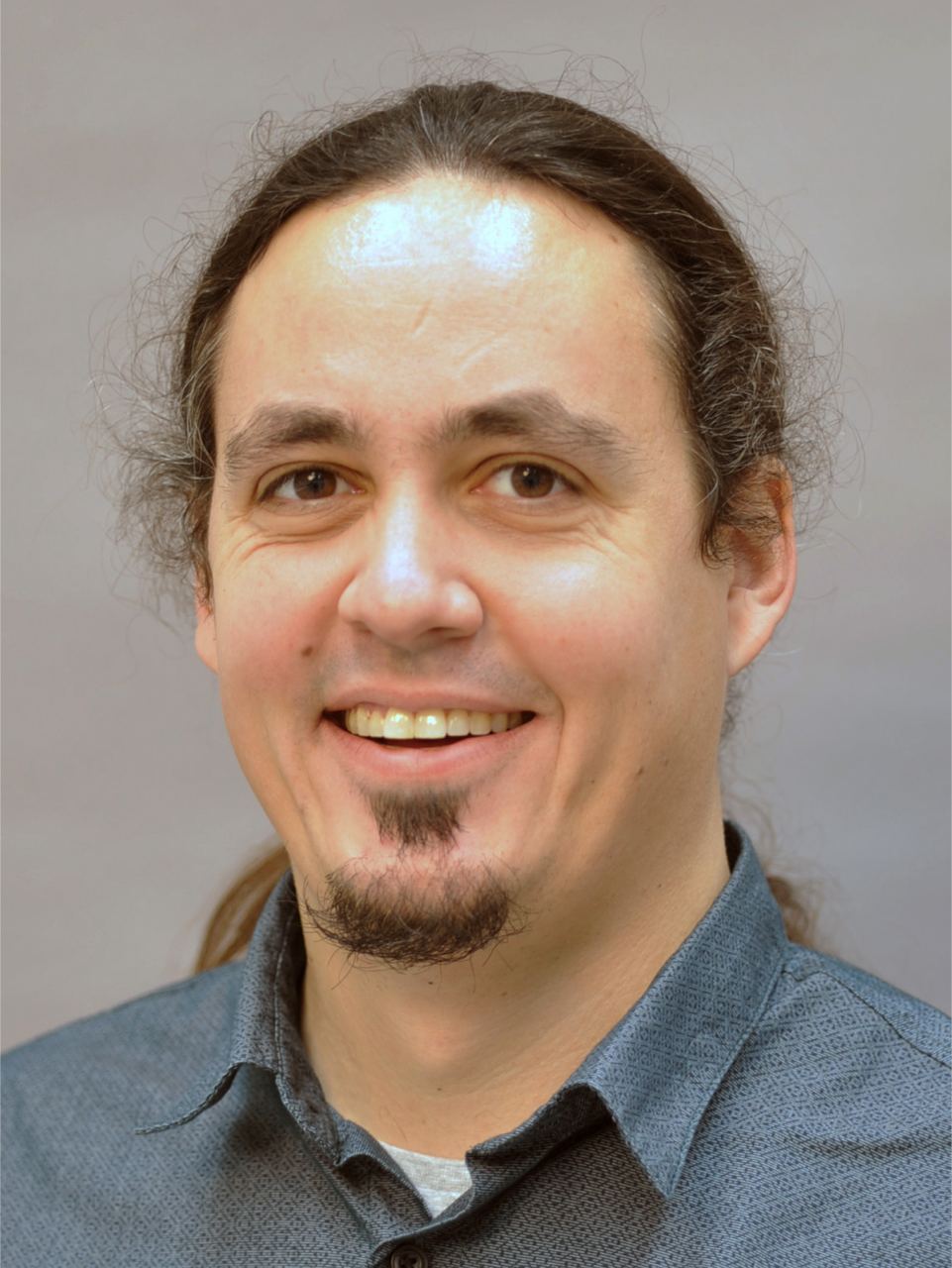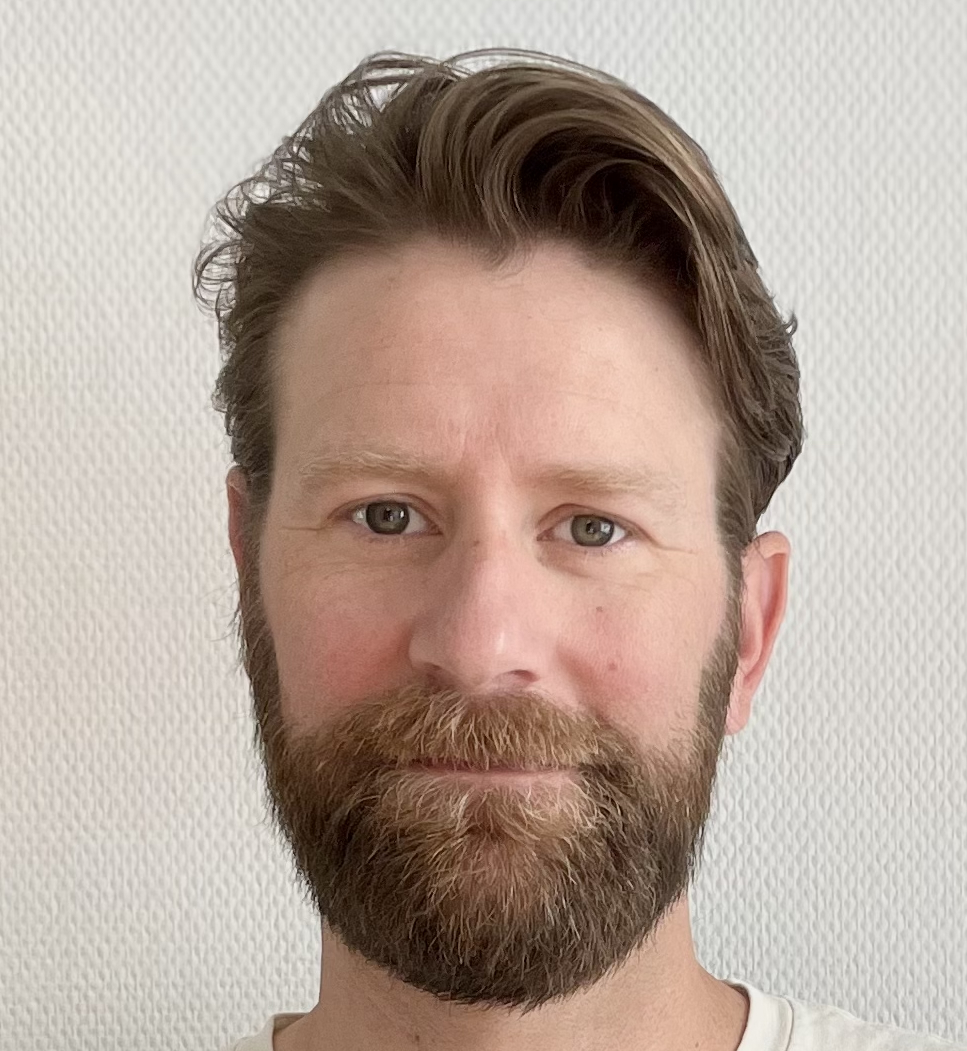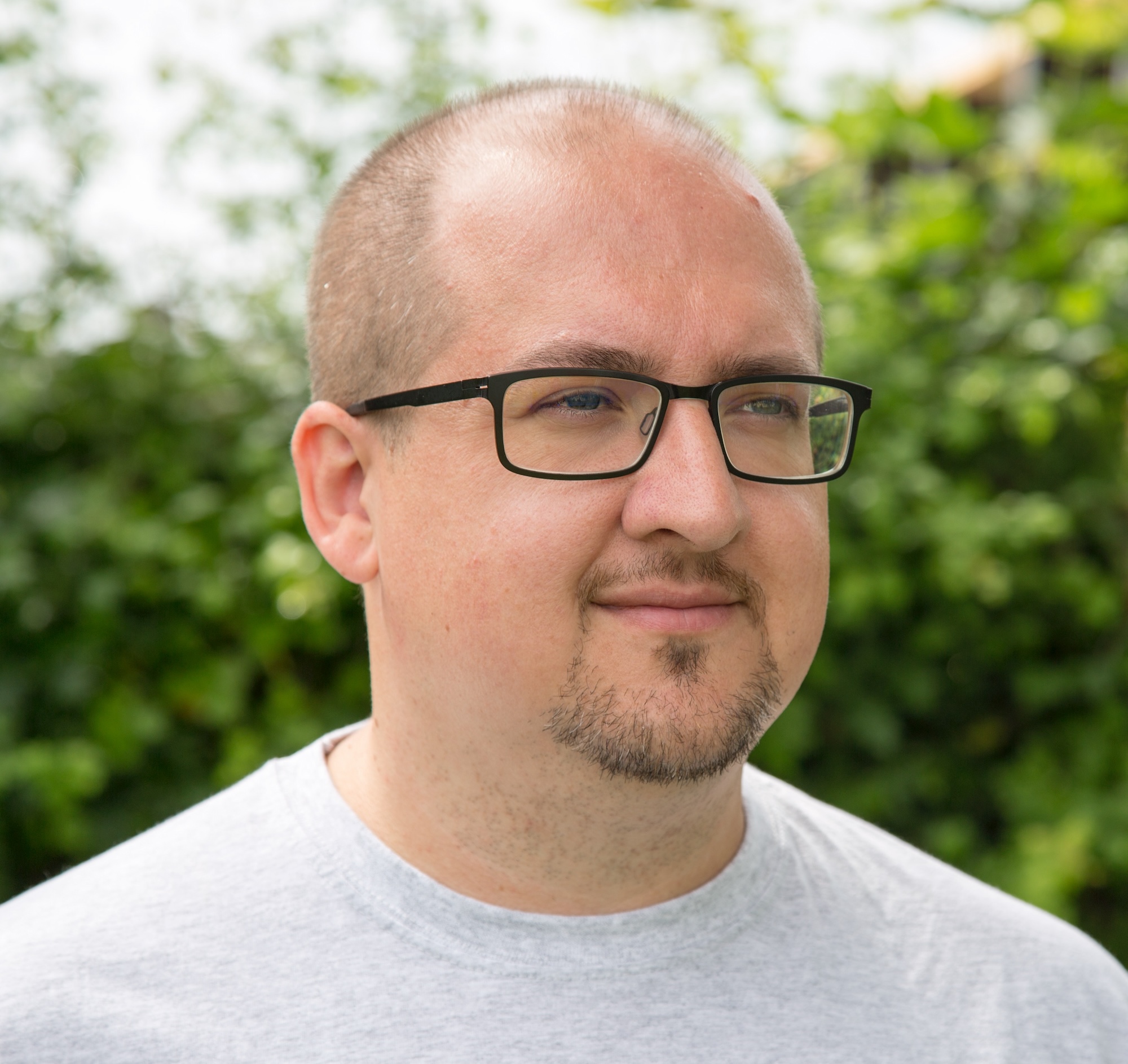So why should you join?
In many current debates it is becoming increasingly difficult for science to make its voice heard. In times of so-called alternative facts scientific results are sometimes even deliberately ignored or manipulated to gain advantages.
In the future, this social debate will become increasingly stronger and probably also more aggressive.
Many researchers are consciously withdrawing more and more from this discussion. There are certainly many reasons for this, but it ultimately leads to the debate being conducted less and less with empirically verifiable data and more emotionally charged, irrational and interest-driven in the long term.
The withdrawal of scientists from the discourse is largely due to a lack of time, knowledge and structures.
The TS3C brings together young scientists to give them an idea on how to communicate their science.
TOPICS
The Thai Summer School on Science Communication will cover a broad range of topics in the field of science communication. Due to the expertise of the hosts, many examples will be drawn from the field of physics. However everyone is invited to join and discuss their science.
Application
Application to the TS3C is closed.
The Thai Summer School on Science Communication is supported by DAAD. Thus we can organize the school free of charge. However due to large interested we have to make a selection of students.
Application to the TS3C is done via e-mail.
Please send a mail including a short CV and a 1-page letter of motivation. In addition please include a English language proficiency certificate.
Program
November 06, 2023
09:30 – 09:45
09:45 – 11:00
11:00 – 11:30
11:30 – 13:00
13:00 – 14:00
14:00 – 15:30
15:30 – 16:00
16:00 – 18:00
November 07, 2023
09:30 – 11:00
11:00 – 11:30
11:30 – 13:00
13:00 – 14:00
14:00 – 15:30
15:30 – 16:00
16:00 – 18:00
November 08, 2023
09:30 – 11:00
11:00 – 11:30
11:30 – 13:00
13:00 – 14:00
14:00 – 15:30
15:30 – 16:00
16:00 – 18:00
19:00
November 09, 2023
09:30 – 11:00
11:00 – 11:30
11:30 – 13:00
13:00 – 14:00
14:00 – 18:00
November 10, 2023
09:30 – 11:00
11:00 – 11:30
11:30 – 13:00
13:00 – 14:00
14:00 – 15:30
15:30 – 16:00
Lecturers
The Thai Summer School on Science Communication will feature experienced science communicators who will cover a broad range of science communication formats.
Confirmation will connect to a third party service, subject to its own independent privacy policy!
Venue
Partners
The TS3C would not be possible without the support from the following partners.
